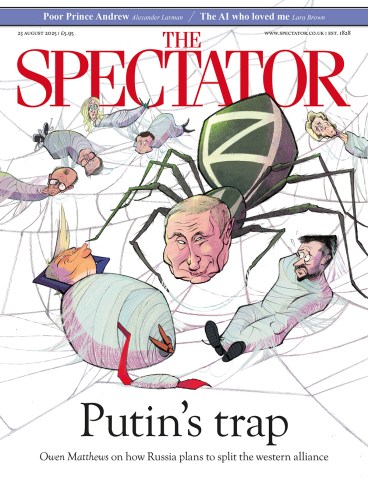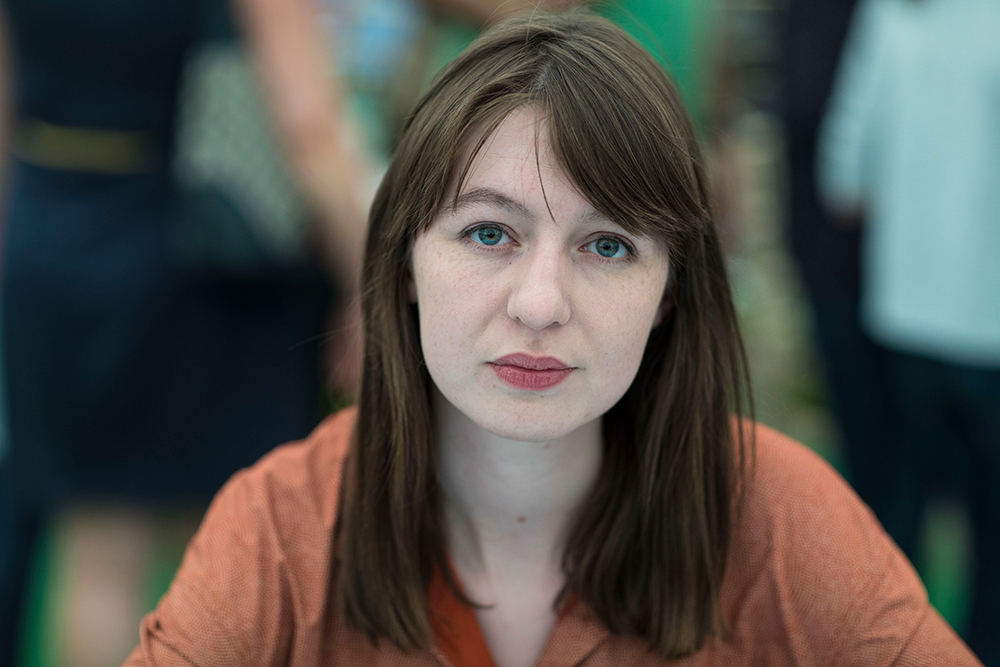
Almost a decade ago the Irish academic Liam Kennedy published a tremendous book with the title Unhappy the Land: the Most Oppressed People Ever, the Irish? It is a dissection of one of the most curious pathologies in the world: the desire to have been oppressed; a glorying in being repressed.
Kennedy, like a few other brave writers (Ruth Dudley Edwards, Malachi O’Doherty, Kevin Myers) has the courage to point to an under-examined seam in Ireland’s history. Specifically he takes aim at the mawkishness that exists in contemporary Irish affairs. The desire to be the first victim, perhaps the greatest victim, of all victims, anywhere in the world.
You see similar strains of aspiring victimhood in other mini-nationalisms. Over recent years, Scots and Welsh Nats have all sought to join in the victimhood jamboree. Some years ago I heard a Welsh poetess speaking to a very international and diverse audience. She made her opening plea, or boast, by saying that everyone should remember that the Welsh were the ‘first victims’ of colonisation – a point which can only be responded to by some combination of a yelp and a yawn.
But nobody ever beat the Irish in the victimhood Olympics. Whatever era in their history they want to look at, they can always find a narrative of suffering. Sometimes it has some justification, as with the famine of the 1800s. At other times, as with the Easter Rising and the IRA, the story is sugar-coated to turn people’s attention away from the fact that Irish history has been dominated by an unusual percentage of vainglorious murderers and aspiring martyrs.
As Kennedy writes: ‘There is an almost palpable sense of victimhood and exceptionalism in the presentation of the Irish national past, particularly as reconstructed and displayed for political purpose.’
Now that the Troubles are largely over, some Irish people seem almost bored by the peace dividend. And so they scour the Earth looking for other beleaguered people with whom they can claim brotherhood and whom they can, in a variety of ways, patronise.
In recent years, no group has been a better candidate for adoption by the Irish than the Palestinians
In recent years, no group has been a better candidate for adoption by the Irish than the Palestinian people. It can be seen in the proliferation of Palestinian politics in Irish politics and the singling out of the state of Israel for unusual vilification. It can be seen in the Irish government’s planned anti-Israel legislation and in its other curious efforts to interpose themselves into the centre of a conflict in which they have absolutely no role.
Given that the Irish government in the 1930s and 1940s looked at the Allies and the Nazis and found it impossible to decide which side to come down on, the current Irish decision to draw a simplistic and ill-informed position on the Israel-Palestine conflict is doubly odd, until you realise that it allows a certain type of Irish person the opportunity to be a sort of bigger sibling in suffering to the Palestinians, with the side-offering of a dose of good old Irish anti-Semitism.
This week the newspapers led with a story about the Irish writer Sally Rooney. Her novels have gained some popular acclaim, have sold well and been adapted for television. Born in 1991 in County Mayo, she appears to have been well-marinaded in the prejudices of her native land. In 2021 she made headlines when she refused to have her latest book translated into Hebrew. After all, we can’t allow those Hebrew-ites to enjoy middle-rate fiction, can we? She has also called for a boycott of all Israeli cultural institutions. I don’t believe Rooney has called for a boycott of any other nation at war, but then why would she?

In the Guardian and elsewhere she has expounded her low-resolution understanding of a foreign conflict into which she seeks to throw herself gleefully. Recently the group Palestine Action was proscribed by the British government as a terrorist group. Rooney was one of the ‘celebrities’ who chose to lobby against this decision. She said: ‘Palestine Action is not an armed group. It has never been responsible for any fatalities and does not pose any risk to public safety.’ Which isn’t quite true. The group has claimed responsibility for hundreds of incidents across the UK, many of which have turned violent. Last summer, Palestine Action activists broke into the Bristol HQ of defence technology firm Elbit Systems. Two police officers were struck with a sledgehammer and an employee suffered head injuries. One of the officers was taken to hospital, while his colleagues seized sledgehammers, axes and other weapons.
In June, Palestine Action broke into RAF Brize Norton and damaged aircraft. Estimates of the cost of the damage run from £7 million to more than £30 million. One of those allegedly involved, Muhammad Umer Khalid, 22, faces charges relating to criminal damage and the compromising of this country’s security. One of the group’s heads faces prosecution over a speech he made on 8 October 2023, in which he said that the massacre of Jews in Israel (named by Hamas ‘the Al-Aqsa flood’), which was then still going on, should be emulated everywhere. Or as he put it: ‘When we hear the resistance, the Al-Aqsa flood, we must turn that flood into a tsunami of the whole world.’
Still, Rooney claims that a ban on Palestine Action constitutes an ‘alarming curtailment of free speech’. The other day in the Irish Times, Rooney made herself the martyr in all this, writing ominously: ‘My books, at least for now, are still published in Britain and are widely available in bookshops and even supermarkets.’ In a similarly self-important vein, she declared that she intended to go on supporting Palestine Action in any way she could, including by donating royalties from her books and TV adaptations.
Although she seems to hear the jackboots of the Stasi British police at her door, Rooney is of course Irish, and appears to live in Ireland. And so wittingly or otherwise she joins a long list of Irish public figures willing to throw themselves into the middle of a row – any row – so long as it allows them the warm, fuzzy feeling of continuing to be part of the most oppressed people ever.








Comments